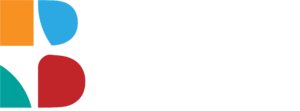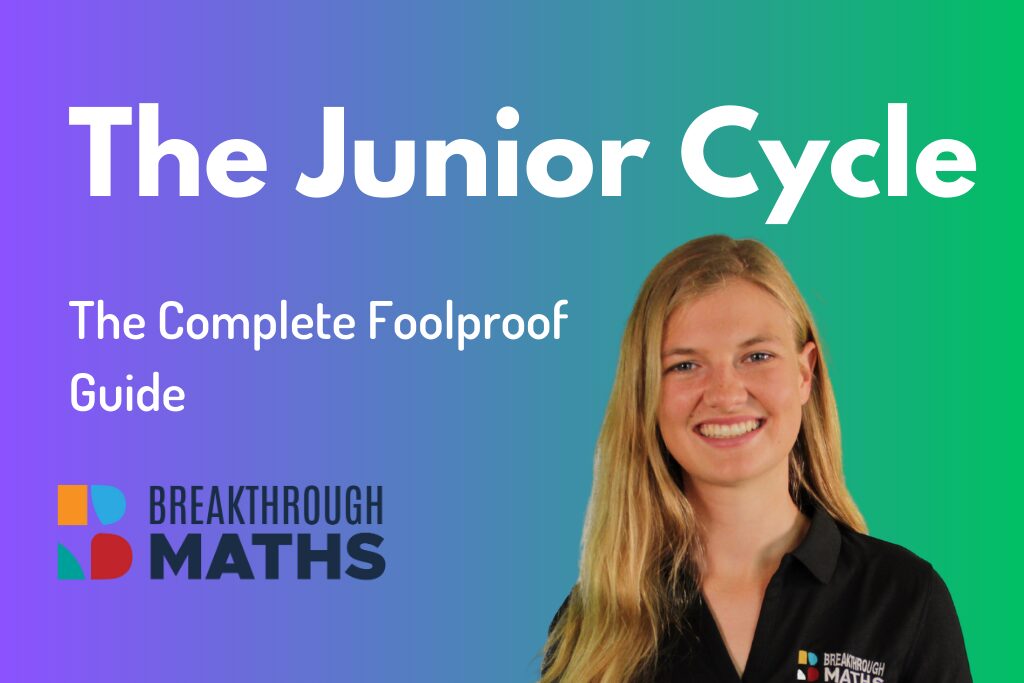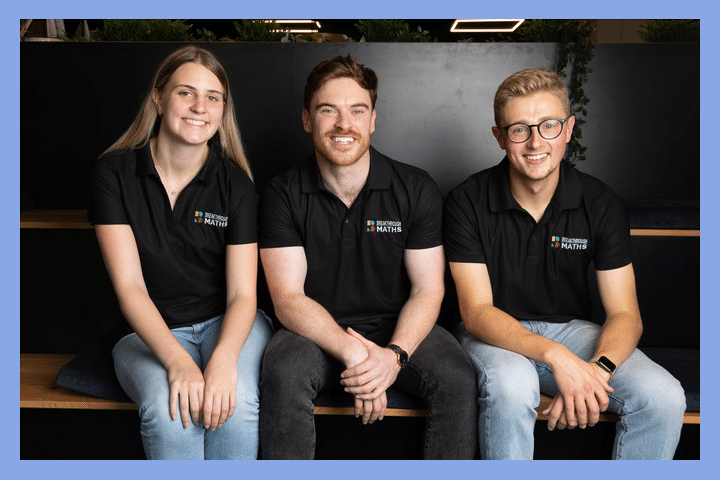The Junior Cycle Profile of Achievement (JCPA) is an award administered by the State Examinations Commission of the Department of Education and Skills in Ireland. It is compulsory for every child to complete the Junior Cycle.
In this article, we’ll talk about everything you need to know about the Junior Cycle, along with some bonus tips to help your child ace the Junior Cert!
The Junior Cycle Timetable 2023 has been published! And we’ve prepared a 2-hour maths crash course which is the final boost your child needs to be prepped, ready, and confident as they walk into their exams.
Junior Cycle Framework
Since its launch, the Junior Cycle has been reformed a couple of times to ensure the utmost benefit of the students.
It features revised subjects and short courses, a focus on literacy, numeracy, and key skills, and incorporates new approaches to assessment and reporting. Schools have more freedom to design Junior Cycle programmes that meet the learning needs of all students.
The Junior Cycle is designed to ensure equal opportunity, participation, and outcome for every child. For students with special educational needs, priority learning units (PLUs) are provided. Thus, students with learning difficulties such as ADHD, Dyslexia, Autism, etc., will not be penalised for spelling mistakes in exams like English and Irish.
We also believe that every child has the same right to education. That’s why Breakthrough Maths also provides online maths grinds to children with special needs. For the record, one of our students had Autism, and he achieved 480 points! His story is an inspiration to us!
Junior Cycle Subjects
The Junior Cycle Programme offers an extensive range of subjects, but not all of them are available in every school. The mandatory exam subjects for the Junior Cycle are the same as the old Junior Cert – English, Irish, and Maths – but with History added into the mix too.
Here’s a list of the subjects available for the Junior Cycle, as well as the levels offered for each subject:
| Subject | Levels Offered |
| Applied Technology | Common Level |
| Business Studies | Common Level |
| Classics | Common Level |
| Engineering | Common Level |
| English | Higher and Ordinary Level |
| Gaeilge (T1/T2) | Higher and Ordinary Level |
| Geography | Common Level |
| Graphics | Common Level |
| History | Common Level |
| Home Economics | Common Level |
| Jewish Studies | Common Level |
| Mathematics | Higher and Ordinary Level |
| Modern Foreign Languages (French, German, Italian, Spanish) | Common Level |
| Music | Common Level |
| Religious Education | Common Level |
| Science | Common Level |
| Visual Art | Common Level |
| Wood Technology | Common Level |
What Do The Levels Actually Mean?
The level of the subject a student chooses will significantly impact their grades in their Leaving Cert exams, because a student who studies a subject at Ordinary Level in the Junior Cert will find it almost impossible to take the subject at a Higher Level in the Leaving Cert.
This limits a student’s points potential. For the Leaving Cert, at a Higher Level, the highest possible grade is H1 (90-100%), and if a student achieves a H1, they will receive 100 CAO points. But when a subject is sat at Ordinary Level, the maximum points attainable is 56.
So, think long and hard about what level you’re going to sit each of your subjects at. Be realistic, and think about the long term!
The Junior Cycle Examinations
The Junior Cert exams begin around the second week in June. Students on average sit 9- 10 subjects. The exams usually last for two and a half weeks, starting with English, then the other core subjects and gradually ending with the subjects with the least number of candidates.
The duration of the exams varies from 2 to 2:30 hours according to the subject.
The exams take place in the form of written papers, aural exams, practical exams, and marks from coursework assignments. The aural exams are done at the beginning of the written paper. The practical and oral exams take place between February and April of 3rd year, whereas the written exams take place later in June.
Junior Cert Assessment & Reporting
The Junior Cycle is assessed through classroom-based assessments (CBAs), short courses and the state examination and reported through the Junior Cycle Profile of Achievement.
Here are some things you should know about CBAs, short courses, assessment tasks, and the JCPA:
Classroom-Based Assessments (CBAs)
CBAs happen during normal class times on regular learning outcomes. They are assessed at a common level. The motive of CBAs is to capture the knowledge and skills that cannot be easily assessed in a typical written examination.
There will be two CBAs for each subject, one in the 2nd year and another in the 3rd year.
Subject Learning and Assessment Review meetings (SLARs)
SLAR Meetings occur after each completed CBAs. In this meeting, the teachers discuss the students’ work and give them feedback. Each meeting lasts for about two hours. In Junior Cycle, SLAR meetings play an important role in the students’ learning process.
Assessment Task (AT)
Assessment tasks are written tasks that evaluate what the students have learned, their skills, and their experience from the second CBA. Assessment Tasks are marked by the State of Examinations Commission (SEC).
Short Courses
Short courses are designed to fulfil the motto of the 24 statements of learning. They require around 100 hours of student engagement. Students can take up to 4 short courses and substitute these for non-mandatory courses.
The list of the short courses provided by the NCCA is as below:
- Coding
- Civic, Social and Political Education (CSPE)
- Physical Education (PE)
- Digital Media Literacy (DML)
- A Personal Project: Caring for Animals (Level 2)
- Social, Personal and Health Education (SPHE)
- Artistic Performance
- CSI: Exploring Forensic Science (Level 2)
- Chinese Language and Culture
- Philosophy
Apart from these short courses, schools will have the flexibility to create their own short courses that fit the framework for Junior Cycle.
Junior Cycle Profile of Achievement (JCPA)
JCPA is awarded to students after successfully completing Junior Cycle. It was first introduced in 2017. The school prints out the JCPA for each student.
JCPA records a student’s performance in the CBAs, short courses, the state examination, and other assessments taken over the 3 years of the Junior Cycle. It will also record a student’s achievement in Level 1 Learning Programmes (L1LPs), Level 2 Learning Programmes (L2LPs), where relevant.
Note that from 2022, JCPA will include achievements according to the new changes made to the Junior Cycle.
Junior CycleGrading System
Here’s the new grading system for Junior Cycle Profile of Achievement (JCPA):
| Percentage Range | Grade |
|---|---|
| 90 or Over | Distinction |
| 75 to less than 90 | Higher Merit |
| 55 to less than 75 | Merit |
| 40 to less than 55 | Achieved |
| 20 to less than 40 | Partially Achieved |
| Less than 20 | No Grade/ NG |
The new JCPA grading system will apply to all subjects from 2022. These grades only apply to the written exams as CBAs have a different grading system.
The distinction is the highest possible grade in Junior Cert. And to get a distinction in maths, you can undoubtedly trust Ireland’s #1 Online Maths Grinds Breakthrough Maths!
Transition Year
The Transition Year is a one-year programme that acts as a bridge between Junior Certificate and Leaving Certificate. The Transition Year is optional in most schools. Currently, 75% of Irish schools offer this programme.
Appealing Grades
Students who are not satisfied with their grades may appeal the State Examination Commission’s (SEC) decision. In order to do so, they have to apply through their schools. The appeal fee is €32 per subject, which will be refunded if their grades are upgraded.
Junior Cert Fees
The examination fee for the Junior Certificate in 2019 was €109.
You can find the information regarding the examination fees of the 2022 Junior Certificate here.
Students who are to sit for the Junior Certificate Examination must pay the required examination fees. In early February of the exam year, parents are given a form. The parents have to make the payment through a bank, and the bank must stamp on the form. After that, the form is returned to the school.
However, students whose parents hold a current medical card do not have to pay the fees. In that case, they have to put the medical card details on the form and send it back to the school.
Bonus: How To Ace The Junior Cert!
In Ireland, the school year begins on the first week of September and, for the post-primary level, ends in early June. As mentioned earlier, Maths, Irish, and English are usually studied at a higher or ordinary level. So to say, they are the hardest ones to tackle.
Here are some tips and tricks to help you through Junior Certs through ease:
- It is important that you start studying from the beginning of the second year of Junior Cycle. But whatever you do, make a plan first. Jot down what you want to study tomorrow and complete these goals.
- We encourage a system of 20 minutes of studying followed by a break. If you picked 4 subjects to study, plan a topic and spend 20 minutes on each subject, breaking in between.
- You must solve the past exam papers if you want to get a good grade. For the exams in 2022, there’s a good chance of getting similar questions from 2017, 2018, and 2019.
- You can try using flashcards and write notes or important information on them. They are very good for practicing or if you’re having a hard time memorising something.
- Should you listen to music while studying? Well, that varies from person to person, but music can be pretty distracting. However, if music helps to focus better, you can listen to classical music or a Spotify study music playlist that you’d prefer.
Breakthrough Maths is the best Online Maths Grinds you’ll find in Ireland! We provide weekly notes and questions to enhance your maths skills, online classes in small groups of 6 kids or less, after grinds WhatsApp support and the best guidance to help you ace your maths exam!
Still can’t believe it? Book a free trial grind and see for yourself!
Stay tuned for more study tips! And don’t forget to check out some of our other blogs, like JC Maths Syllabus Simplified!
TJ

PS – If you need help with Maths, we’ve got 6 weeks of Maths Grinds Left.
Book a Free Trial Grind. It will be the perfect tonic before the Junior Cert!



